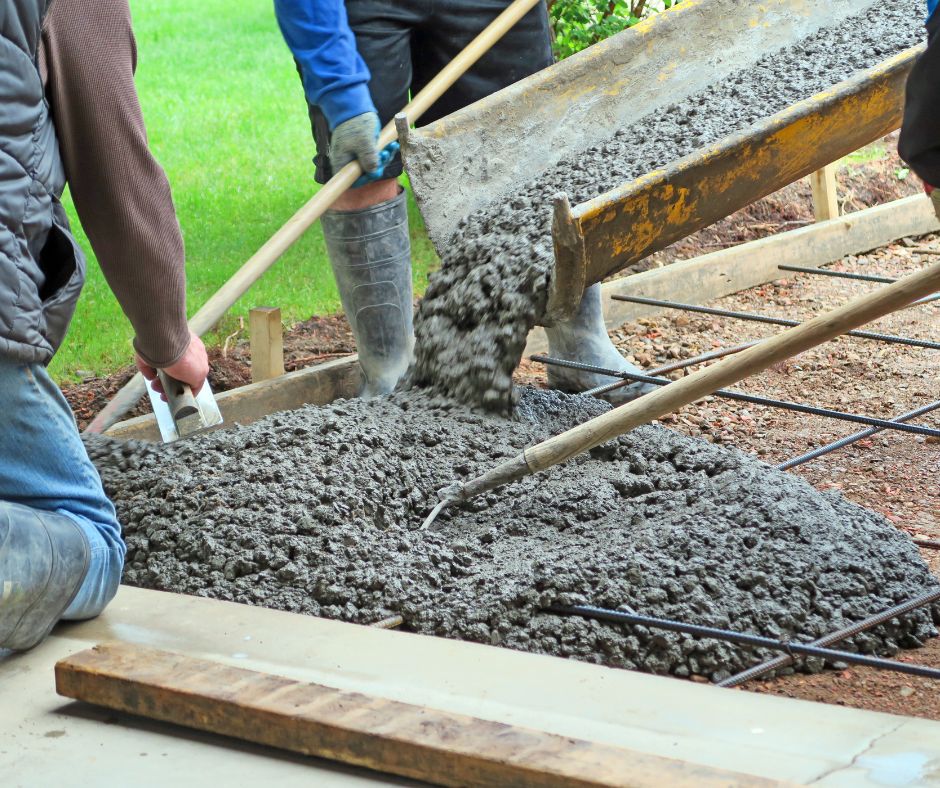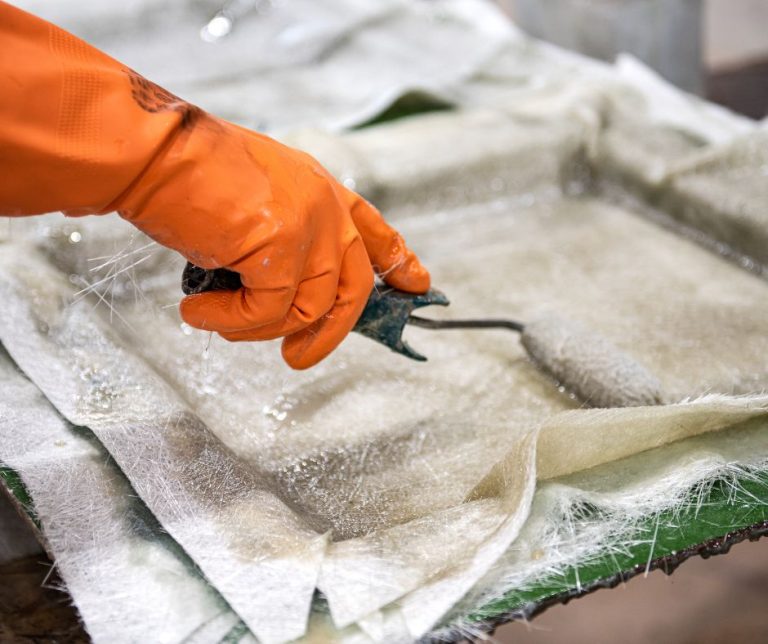Overview
Our skin, the largest organ, reflects overall health and is our primary defence against bacteria and germs. In the construction industry, constant exposure to harsh elements, chemicals, and physical stressors takes a toll on the skin.
Common irritants in the construction industry include cement, solvents, saw dust, fibreglass, detergents, tar and sealants. Other causes of irritation include dirt, water, heat and friction from machinery use.
Additionally, allergens in the construction industry, which can adversely affect skin include epoxy resins and hardeners, turpentine, wood glues and formaldehyde resins. Other allergens include chromate in cement, chemicals in rubber gloves and isocyanates in polyurethane glues and coatings.
Construction workers are at high risk of sun damage due to prolonged exposure to harmful UV rays.
Common Skin Conditions faced by Construction Workers
Dry and cracked skin: This is caused by frequent hand washing, chemicals and exposure to harsh weather.
Contact dermatitis: This is inflammation caused by allergens or irritants.
Irritant contact dermatitis: This is a skin reaction caused by repeated exposure to substances.
Allergic contact dermatitis: This is an immune system response to specific substances.
Fissured skin: These are painful cracks in the skin, often appearing on hands and feet.
Infections: Bacterial or fungal infections can occur due to abrasions, cuts, and damp conditions.
Psoriasis and eczema: Certain work conditions can exacerbate pre-existing skin conditions.
Calluses and corns: Thickened patches of skin on the feet are due to pressure from construction footwear or tools.
Sun damage: Working outside in the sun can lead to sunburn, premature aging, and skin cancer.

Caring for your skin
Prioritising skin health is crucial for the well-being of construction workers.
To mitigate risks, personal protective equipment is essential. Regular skin checks and suitable hygiene can also help prevent and manage skin problems. Proper skincare, for example, the use of protective creams is crucial for both men and women in construction to ensure skin health.
Use a barrier cream on hands before work; this makes them easier to clean at the end of the shift. Moisturise the skin regularly, ideally with a greasy, fragrance-free moisturiser, at the start and end of the working day and before bed. Rub the cream well into hands and wrists, don’t forget between the fingers.
Wear suitable gloves for the job, as some substances can penetrate through gloves.
Detailed, specific information is available from safety equipment suppliers, to match the right glove to particular substances.
Most glove manufacturers have chemical resistance charts on their website.
Some types of nitrile and nitrile butatoluene gloves are effective against epoxy resin.
Wear waterproof gloves for wet work. Rubber and PVC (polyvinyl chloride) gloves can protect against many chemicals.
Powdered latex gloves may contribute to latex allergy in some people. If latex gloves need to be worn, choose the powder-free variety.
If gloves must be worn for an extended period of time, wear cotton gloves underneath to reduce sweating. It is important to launder them regularly and they may need to be changed twice a day.

If your skin is already damaged, use a soap substitute to clean skin with and ensure to rinse off well. Never leave your feet wet for extended periods at work. Ensure you wear waterproof boots. If you have developed skin problems, visit your GP.
Wear a high-factor sunscreen and protective clothing when working outdoors. Seek shade when possible and stay hydrated. Drink plenty of water to avoid dehydration. Check your skin regularly for any unusual moles or spots and see a doctor promptly if you find anything concerning.
Poor skin health is an invisible threat to site productivity as well as the quality of working life for your construction team.
Construction workers frequently encounter irritants and allergens that can harm their skin. They are often exposed to the sun’s harmful rays. Protecting skin with adequate skincare, gloves, proper handwashing and protective clothing is crucial to prevent discomfort and long-term skin damage.








